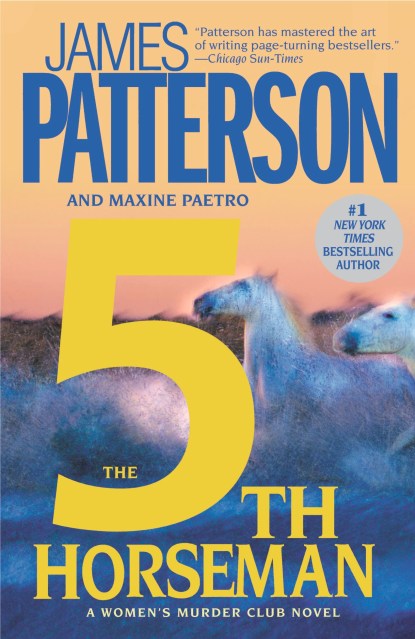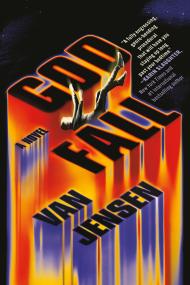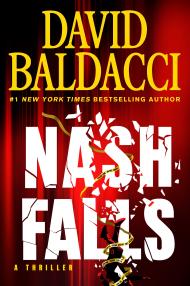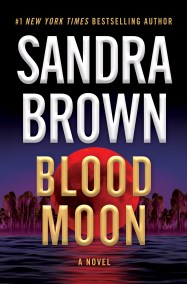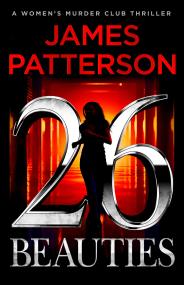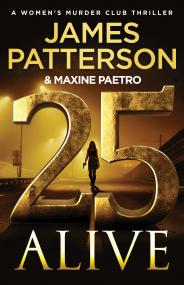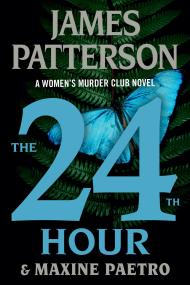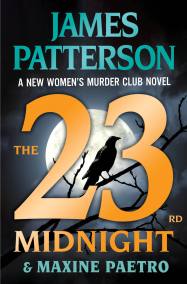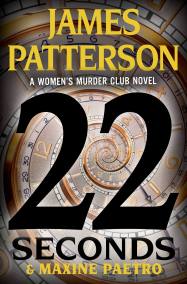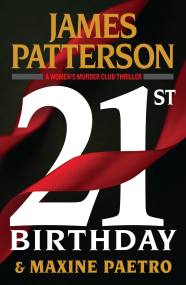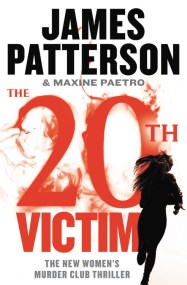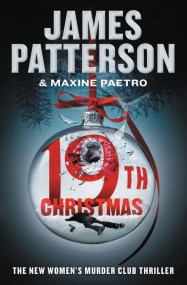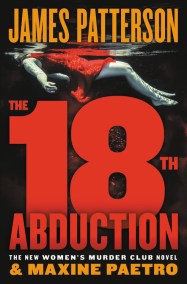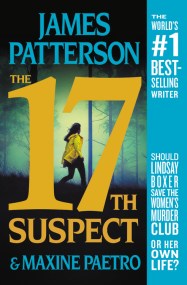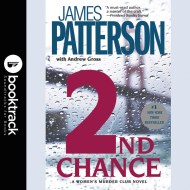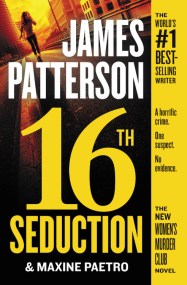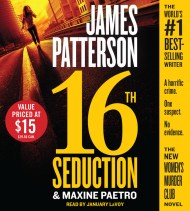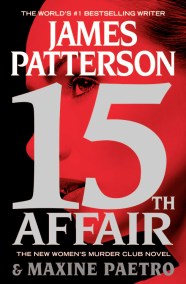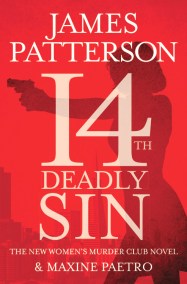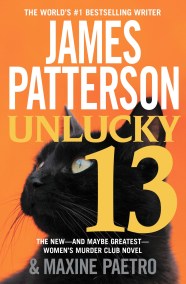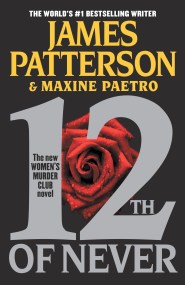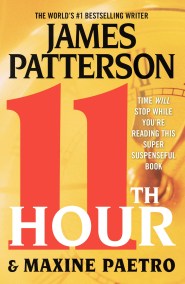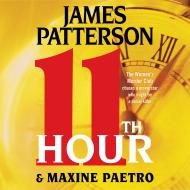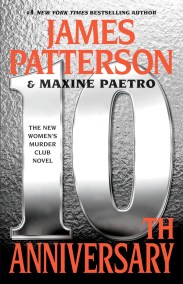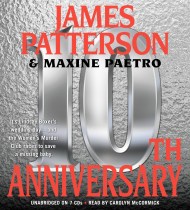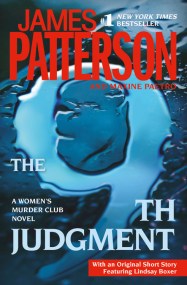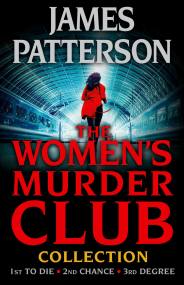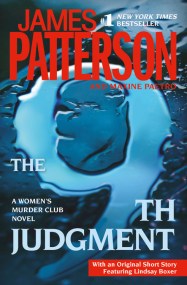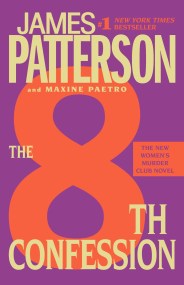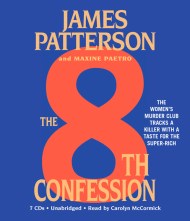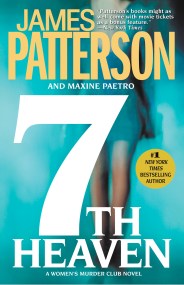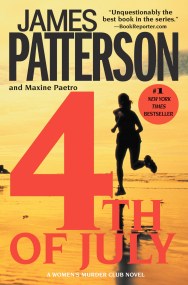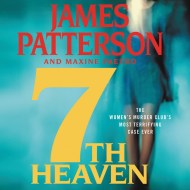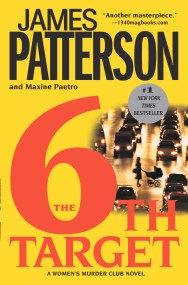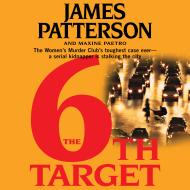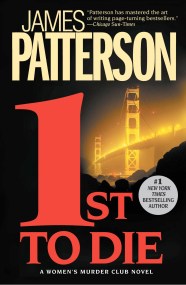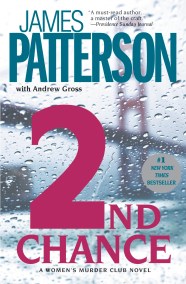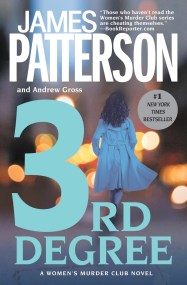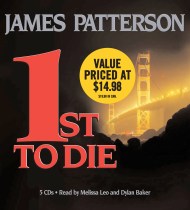By clicking “Accept,” you agree to the use of cookies and similar technologies on your device as set forth in our Cookie Policy and our Privacy Policy. Please note that certain cookies are essential for this website to function properly and do not require user consent to be deployed.
The 5th Horseman
Contributors
By Maxine Paetro
Formats and Prices
- On Sale
- Apr 17, 2007
- Page Count
- 432 pages
- Publisher
- Grand Central Publishing
- ISBN-13
- 9780446699310
Price
$19.99Price
$25.99 CADFormat
Format:
- Trade Paperback $19.99 $25.99 CAD
- ebook $9.99 $11.99 CAD
- Audiobook Download (Unabridged) $24.99
- Mass Market $10.99 $13.99 CAD
- Audiobook CD (Unabridged) $14.98 $17.25 CAD
This item is a preorder. Your payment method will be charged immediately, and the product is expected to ship on or around April 17, 2007. This date is subject to change due to shipping delays beyond our control.
Buy from Other Retailers:
It is a wild race against time as Lieutenant Lindsay Boxer and the newest member of the Women’s Murder Club, attorney Yuki Castellano, lead an investigation against a hospital administration determined to shield its reputation at all costs.
And while the hospital wages an explosive court battle that grips the entire nation, the Women’s Murder Club hunts for a merciless killer—who just might be one of the medical staff.
With high-speed thrills and page-turning twists, The 5th Horseman proves once again that James Patterson “has mastered the art of writing” (Chicago Sun-Times).
Newsletter Signup
By clicking ‘Sign Up,’ I acknowledge that I have read and agree to Hachette Book Group’s Privacy Policy and Terms of Use
